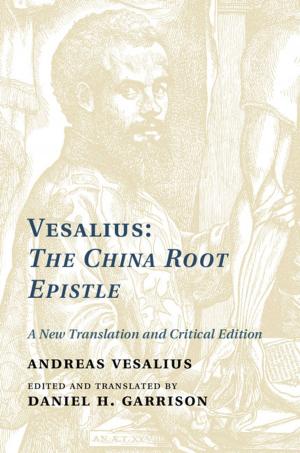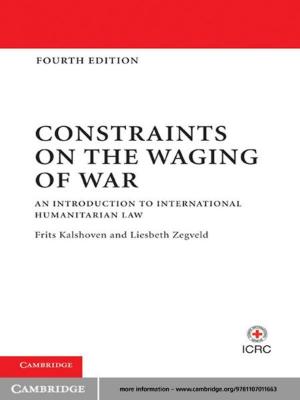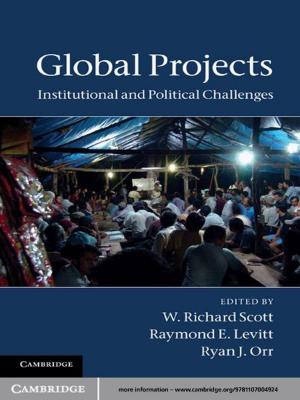Asymmetric Warfare in South Asia
The Causes and Consequences of the Kargil Conflict
Nonfiction, Social & Cultural Studies, Political Science, International, International Relations, History| Author: | ISBN: | 9780511849657 | |
| Publisher: | Cambridge University Press | Publication: | November 12, 2009 |
| Imprint: | Cambridge University Press | Language: | English |
| Author: | |
| ISBN: | 9780511849657 |
| Publisher: | Cambridge University Press |
| Publication: | November 12, 2009 |
| Imprint: | Cambridge University Press |
| Language: | English |
The 1999 conflict between India and Pakistan near the town of Kargil in contested Kashmir was the first military clash between two nuclear-armed powers since the 1969 Sino-Soviet war. Kargil was a landmark event not because of its duration or casualties, but because it contained a very real risk of nuclear escalation. Until the Kargil conflict, academic and policy debates over nuclear deterrence and proliferation occurred largely on the theoretical level. This deep analysis of the conflict offers scholars and policymakers a rare account of how nuclear-armed states interact during military crisis. Written by analysts from India, Pakistan, and the United States, this unique book draws extensively on primary sources, including unprecedented access to Indian, Pakistani, and U.S. government officials and military officers who were actively involved in the conflict. This is the first rigorous and objective account of the causes, conduct, and consequences of the Kargil conflict.
The 1999 conflict between India and Pakistan near the town of Kargil in contested Kashmir was the first military clash between two nuclear-armed powers since the 1969 Sino-Soviet war. Kargil was a landmark event not because of its duration or casualties, but because it contained a very real risk of nuclear escalation. Until the Kargil conflict, academic and policy debates over nuclear deterrence and proliferation occurred largely on the theoretical level. This deep analysis of the conflict offers scholars and policymakers a rare account of how nuclear-armed states interact during military crisis. Written by analysts from India, Pakistan, and the United States, this unique book draws extensively on primary sources, including unprecedented access to Indian, Pakistani, and U.S. government officials and military officers who were actively involved in the conflict. This is the first rigorous and objective account of the causes, conduct, and consequences of the Kargil conflict.















